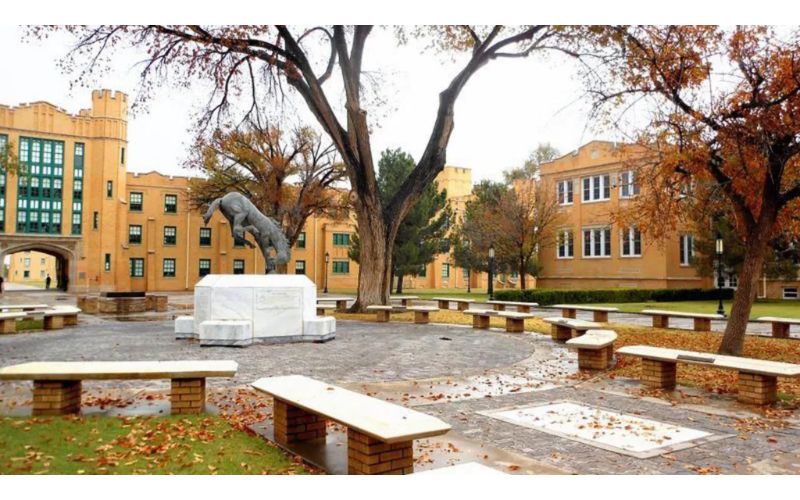The Setting Was Akin to An Alien Landscape
By Bob Moore, Team Historian for the Kansas City Chiefs News
If the object of a professional football training camp was to get players in shape, Roswell, New Mexico and its New Mexico Military Institute provided the perfect spartan setting to do that.
Located at a site where it had long been rumored to have been visited by outer space aliens, Roswell was hot pretty much all of the time, but in the summer months leading into the Dallas Texans’ first season of play, it could be stifling.
But the price was right, and in the early days of the AFL, the cost of something was at the head of the list when tough decisions had to be made.
As for rooms, there was no air conditioning and “spartan,” a word thrown around plenty in such a place, didn’t cover it. Since it was a military institute, the beds better resembled soldiers’ cots. The food served had been army surplus at one time. It had been left by the school before the team arrived.
Many of the players skipped meals and headed over to the local Dairy Queen, where they listened to tunes played on the jukebox there. There were no televisions in rooms, of course, so searching for something to do nights after practice and meetings was limited not only by time.
Following practices, with the humidity and temperature at their heights, receiver Chris Burford recalled jumping in full uniform into a trench filled with dirty water to cool down.
Finally, when it came time to depart Roswell, the team plane came narrowly close to not getting off the ground. The team’s equipment manager, Bobby Yarborough, had loaded the DC-6 with everything the Texans had brought with them, and it spilled over to the first couple of rows of the plane.
This concerned the pilot, who told the Texans’ general manager at the time, Don Rossi, that he wouldn’t take responsibility if something happened. That something would certainly have included a crash.
The plane just cleared the tree line of the Roswell Army Air Field on its way back to Dallas where the team would move its camp the following year.



















